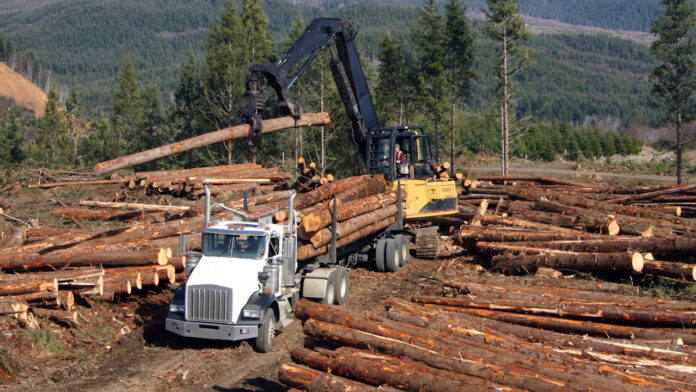Commerce Department lowers Canadian lumber tariffs
By
February 1, 2022
In an email to members, the National Lumber and Building Material Dealers Association (NLBMDA) announced that the U.S. Department of Commerce review reduced countervailing and antidumping duties on Canadian softwood lumber from 17.9% to 11.64%. The reduction occurred after the Department of Commerce originally doubled duties from 9% to 17.9% last November.
NLBMDA has been aggressively lobbying the Biden administration for several months on the need to lower softwood lumber tariffs and return to the negotiating table with Canada on a new long-term softwood lumber agreement, the organization says.
Following the Biden administration’s decision to double softwood lumber tariffs in November, NLBMDA met with senior Commerce Department officials last month to highlight the impact that the new softwood lumber duties would have on price volatility, supply chain bottlenecks, and housing affordability.
The National Association of Home Biuilders’ Chairman Chuck Fowke called the lowered tariffs a step forward, but said there is more to be done by the Biden Administration.
“NAHB welcomes the Biden administration’s move to reduce duties from 17.99% to 11.64% on softwood lumber shipments from Canada into the U.S. Reducing these tariffs is an important step forward to addressing America’s growing housing affordability crisis and easing extreme price swings in the lumber market that have added more than $18,600 to the price of a new home since late summer.
“To help further address the nation’s housing affordability challenges, we encourage the Biden administration to build on today’s positive development by taking the following actions: enter into negotiations with Canada to achieve a new softwood lumber agreement that will eliminate duties; increase the domestic supply of timber from public lands in an environmentally responsible manner; and seek immediate remedies to the lumber and building materials supply chain that will increase production and lower construction costs.”
